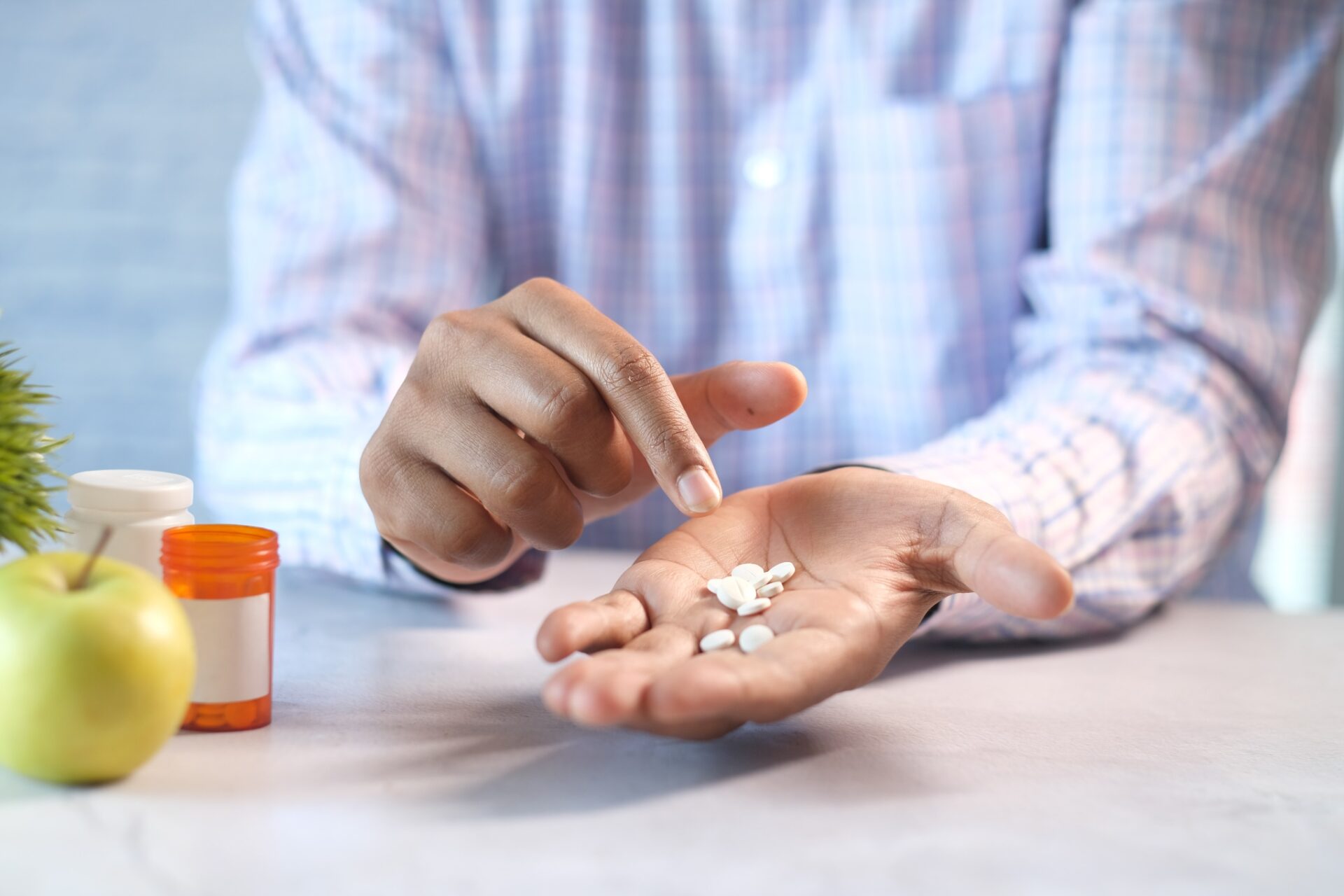Antibiotics are an important medication that have revolutionized how we treat bacterial infections. While antibiotics can be life-saving, they can also dramatically alter your body’s gut microbiome.
The good news is that it is possible to restore your gut microbiome after taking antibiotics. Below, we’ll review what the gut microbiome is. We’ll also review steps you can take to restore the gut microbiome after treatment with antibiotics.
What Is the Gut Microbiome?
The gut microbiome, also called the gut flora and the gut microbiota, is a collection of microorganisms, including bacteria, viruses, fungi, and single-celled organisms called protozoa, that co-exist in the digestive tract. The gut microbiome serves many purposes and contributes to:
- Digestion and metabolism: The gut microbiome helps break down food and aid in metabolism.
- Memory and cognitive function: The gut microbiome is linked to cognitive function and memory.
- Mental health: The gut microbiota produce neurotransmitters related to mood regulation. Neurotransmitters are special chemicals used by nerve cells to communicate with each other.
- The immune system: Approximately 70% of the body’s immune system is found in the gastrointestinal tract as a specific type of tissue, called mucosal-associated lymphoid tissue (MALT). The gut microbiome interacts with MALT to help regulate the immune system.
How Do Antibiotics Affect the Gut Microbiome?
Since antibiotics not only act on infectious bacteria but all bacteria found in the gastrointestinal tract, they can have direct and indirect effects on the gut microbiome, including:
- Affecting the diversity of organism species in the gut, including the beneficial ones
- Affecting the healthy balance of organism species in the gut
- Increasing the risk of developing IBD (irritable bowel disease)
- Contributing to the development of antibiotic-resistant bacteria
How Can You Restore Your Gut Microbiome After Treatment With Antibiotics?
The best way to protect your gut microbiome if you have to take an antibiotic is to follow a few recommendations both during and after treatment. When taking antibiotics:
- Eat plenty of probiotic foods. Examples of foods that have probiotics include cultured and fermented foods, like yogurt, sauerkraut, and kimchi. You can also take a probiotic supplement.
- Eat plenty of prebiotic foods. Examples of food that have prebiotics are foods high in fiber, like Jerusalem artichoke (a root vegetable), fennel, lentils, and many other fruits, vegetables, and grains. You can also take a prebiotic supplement.
- Cut out junk food. Consider reducing or eliminating processed and packaged foods from your diet. Research shows that consuming too many processed foods and greasy foods can lead to the proliferation of bacteria responsible for intestinal inflammation.
- Vary your diet. Eat a wide variety of fruits, vegetables, and grains to foster the growth and proliferation of diverse colonies of gut bacteria.
Antibiotics are an important treatment for bacterial infections, but sometimes they can cause side effects and can disrupt the gut microbiota. Taking probiotics and prebiotics, while eating foods that are high in fiber during and after a round of antibiotics can go a long way in helping to maintain the balance of the gut microbiome.
Sources:
https://www.ncbi.nlm.nih.gov/pmc/articles/PMC6511407/ https://www.ncbi.nlm.nih.gov/pmc/articles/PMC6609888/



